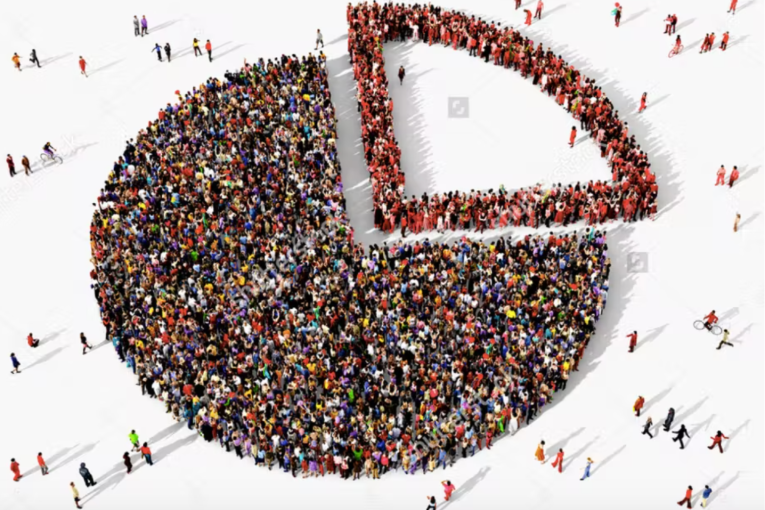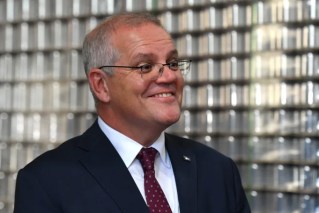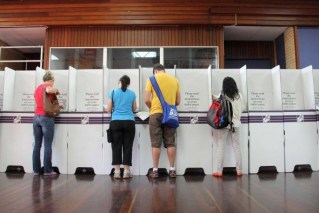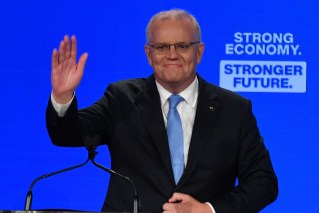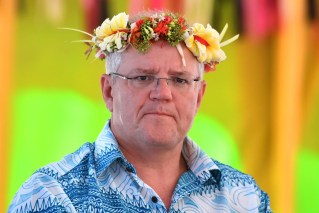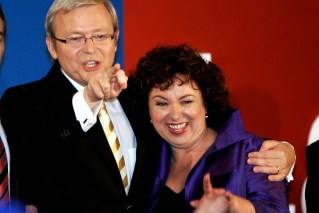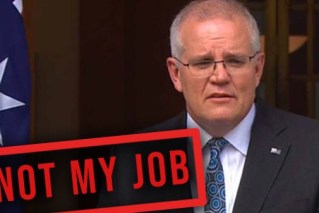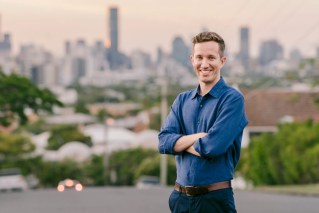Will our crowded ballot papers lead to a bigger informal vote?
The small army of political wannabes doesn’t appear to have received the memo that the Queensland state election is going to be a tightly contested affair between the major parties.

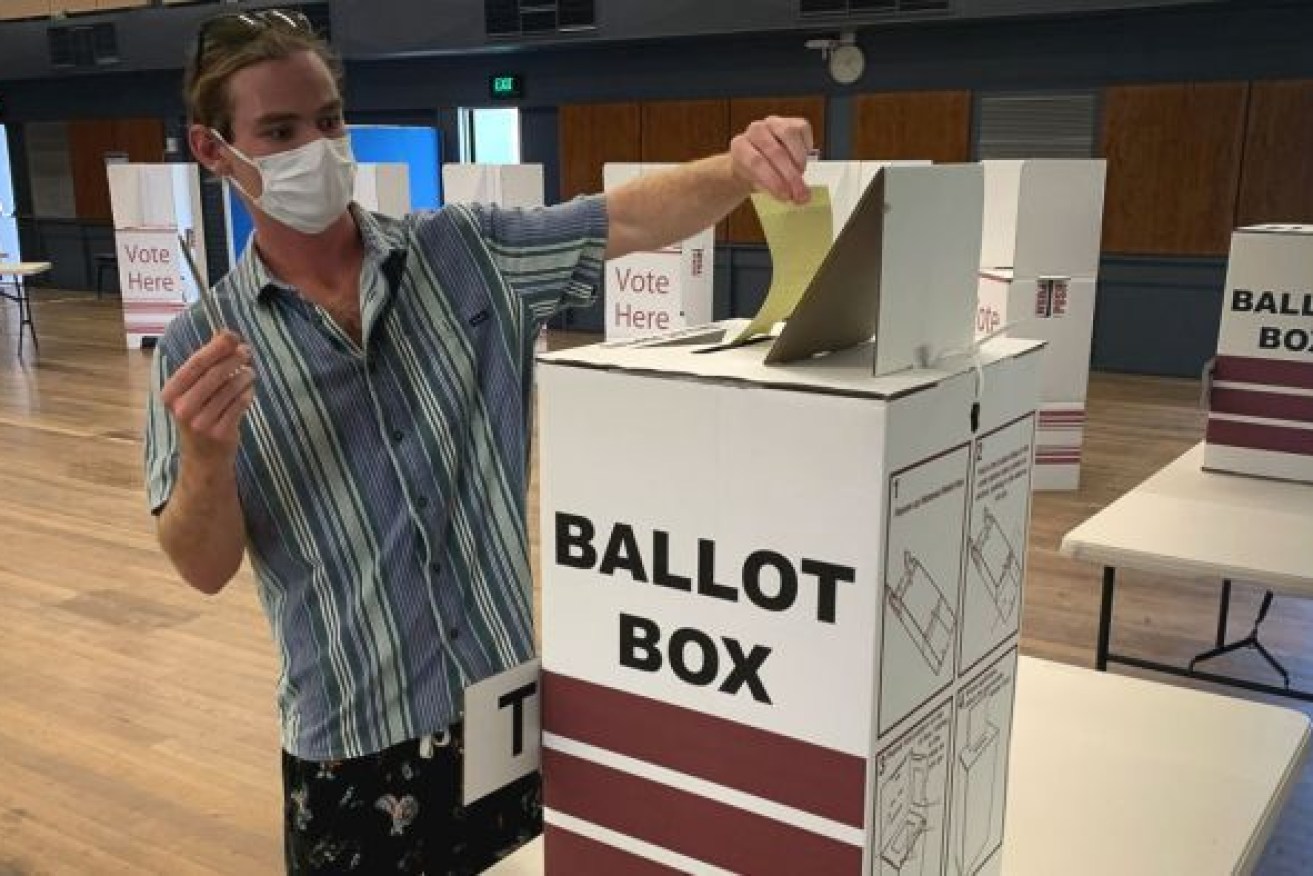
The failure of opinion polls to predict the shock result of the last federal election has raised doubts about their methodology. (Photo: ABC)
The idea that the electorate will polarise around Labor to the centre left and the LNP to the centre right has not deterred a record number of candidates, with 597 individuals nominating for a chance to win one of the 93 seats up for grabs.
That’s an increase of 144 on the 2017 tally, representing an average of 6.2 candidates for each electorate – again the highest number seen.
This large number of people on the ballot papers – there are five electorates with nine candidates and two in which 10 individuals have nominated – could add to the myriad reasons we may not have a clear idea of which major party has won or is closest to getting there by what will be a very late bedtime on October 31.
There’s been a steady increase in the number of informal votes cast recently in Queensland – at the last election the proportion almost doubled from 2.23 per cent in the previous election to 4.3 per cent.
This worrying trend was confirmed at the two by-elections held at the end of March this year when 7.8 per cent of voters in Currumbin spoiled their ballots while just under 11 per cent of those who turned out in Bundamba couldn’t manage a formal choice.
These are significant numbers, undoubtedly made worse by the chopping and changing with the voting system, which has switched from optional preferential to a compulsory requirement to number every square.
This record number of nominations might indicate a healthy level of civic involvement but it could also mean confusion and any complexity in casting a ballot might make an already uncertain outcome even more difficult to arrive at with any quick certainty.
At least the government will get some benefit with those 597 nominations netting $149,250 in fees required for joining in this festival of democracy.
